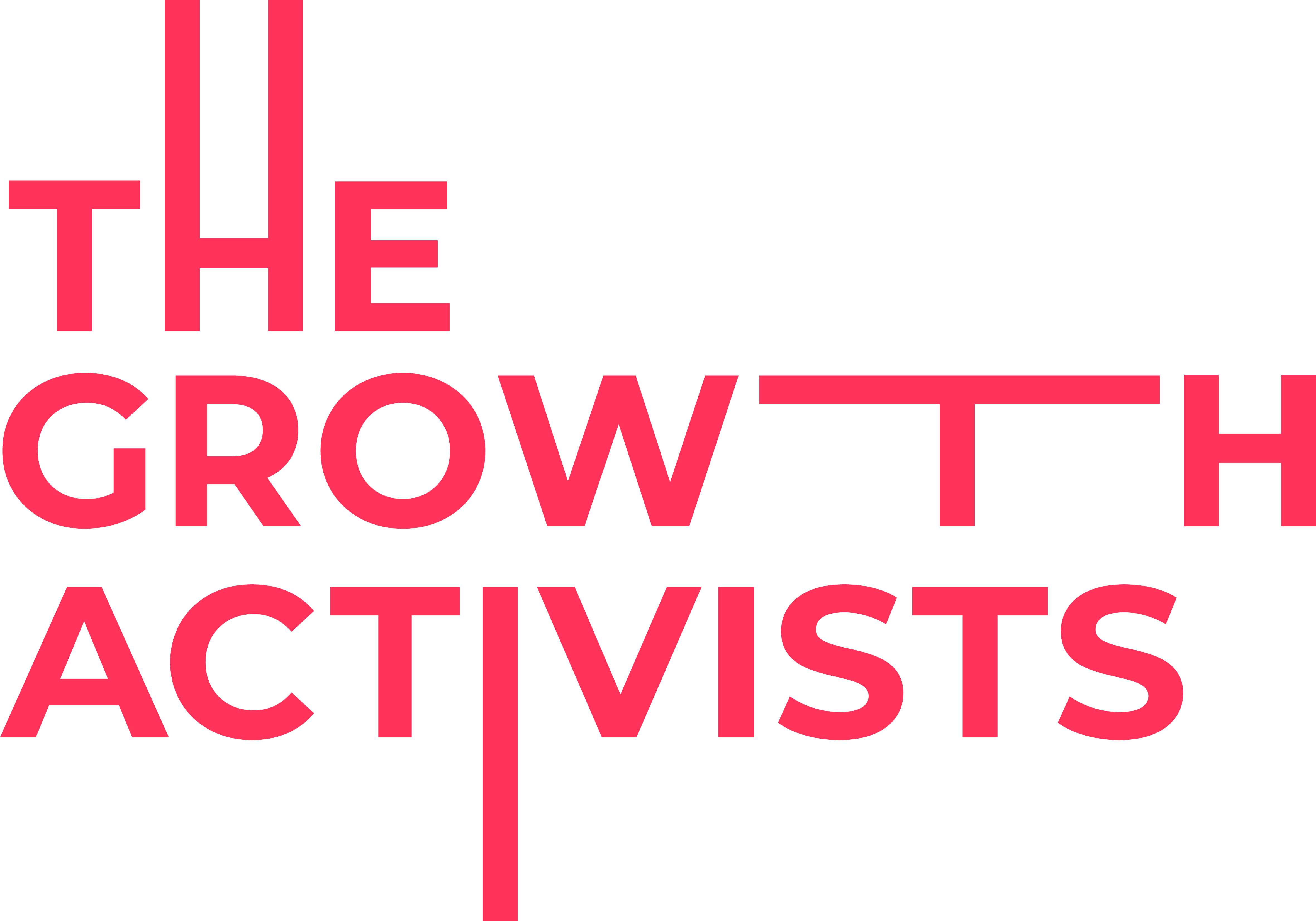



The Growth Activists

New South Wales, Australia
September 2023
Management consultant - for-profits
Service with Minor Environmental Footprint
Australia,
Hong Kong S.A.R.,
Malaysia,
New Zealand,
Singapore,
Thailand,
United States
The Growth Activists (TGA) is a strategy and engagement consultancy that activates courageous organisations for a sustainable future. TGA was founded in Sydney in 2018 with a single driving purpose, to fulfil the potential of people and organisations to do well whilst. TGA operates across three key services: - ESG TRANSFORMATION: Preparing businesses to thrive in an inclusive, equitable and regenerative economy. - STRATEGY: Moving from strategy to action for lasting positive impact. -ENGAGEMENT: Creating purposeful stakeholder engagement through communication. TGA has built a reputation for turning provocative thinking into actionable strategies for enduring positive value for a broader group of stakeholders. Led by practice principals with real-life experience growing and transforming leading global businesses from the inside, the team is qualified to address complex challenges and build the bridge between ambitious sustainability goals and pragmatic operational and commercial implementation. Working across business, NGO's and government means whole of ecosystem thinking is in the organisation's DNA. TGA is Australia's largest B Corp consultancy, with 5 B Lab-trained B Consultants supporting businesses on their journeys towards becoming a force for good.
Overall B Impact Score
Governance 19.1
Governance evaluates a company's overall mission, engagement around its social/environmental impact, ethics, and transparency. This section also evaluates the ability of a company to protect their mission and formally consider stakeholders in decision making through their corporate structure (e.g. benefit corporation) or corporate governing documents.
What is this? A company with an Impact Business Model is intentionally designed to create a specific positive outcome for one of its stakeholders - such as workers, community, environment, or customers.
Governance 19.1
Governance evaluates a company's overall mission, engagement around its social/environmental impact, ethics, and transparency. This section also evaluates the ability of a company to protect their mission and formally consider stakeholders in decision making through their corporate structure (e.g. benefit corporation) or corporate governing documents.
What is this? A company with an Impact Business Model is intentionally designed to create a specific positive outcome for one of its stakeholders - such as workers, community, environment, or customers.
Workers 31.3
Workers evaluates a company’s contributions to its employees’ financial security, health & safety, wellness, career development, and engagement & satisfaction. In addition, this section recognizes business models designed to benefit workers, such as companies that are at least 40% owned by non-executive employees and those that have workforce development programs to support individuals with barriers to employment.
Community 49.3
Community evaluates a company’s engagement with and impact on the communities in which it operates, hires from, and sources from. Topics include diversity, equity & inclusion, economic impact, civic engagement, charitable giving, and supply chain management. In addition, this section recognizes business models that are designed to address specific community-oriented problems, such as poverty alleviation through fair trade sourcing or distribution via microenterprises, producer cooperative models, locally focused economic development, and formal charitable giving commitments.
What is this? A company with an Impact Business Model is intentionally designed to create a specific positive outcome for one of its stakeholders - such as workers, community, environment, or customers.
Environment 15.7
Environment evaluates a company’s overall environmental management practices as well as its impact on the air, climate, water, land, and biodiversity. This includes the direct impact of a company’s operations and, when applicable its supply chain and distribution channels. This section also recognizes companies with environmentally innovative production processes and those that sell products or services that have a positive environmental impact. Some examples might include products and services that create renewable energy, reduce consumption or waste, conserve land or wildlife, provide less toxic alternatives to the market, or educate people about environmental problems.
Customers 16.3
Customers evaluates a company’s stewardship of its customers through the quality of its products and services, ethical marketing, data privacy and security, and feedback channels. In addition, this section recognizes products or services that are designed to address a particular social problem for or through its customers, such as health or educational products, arts & media products, serving underserved customers/clients, and services that improve the social impact of other businesses or organizations.
What is this? A company with an Impact Business Model is intentionally designed to create a specific positive outcome for one of its stakeholders - such as workers, community, environment, or customers.